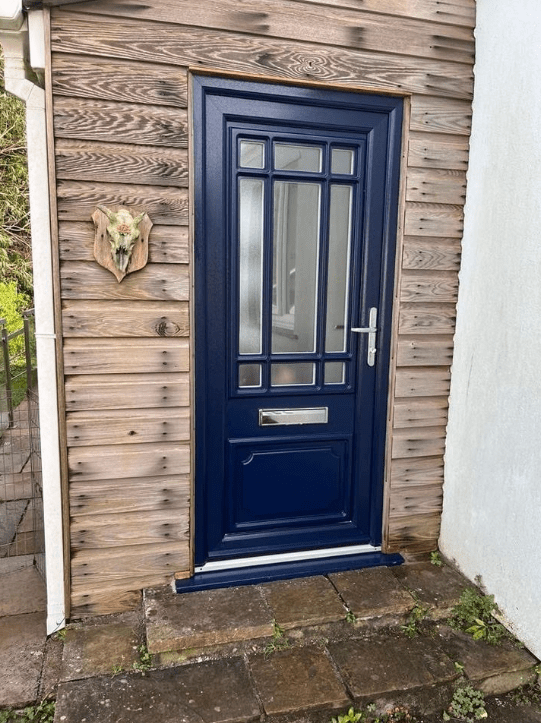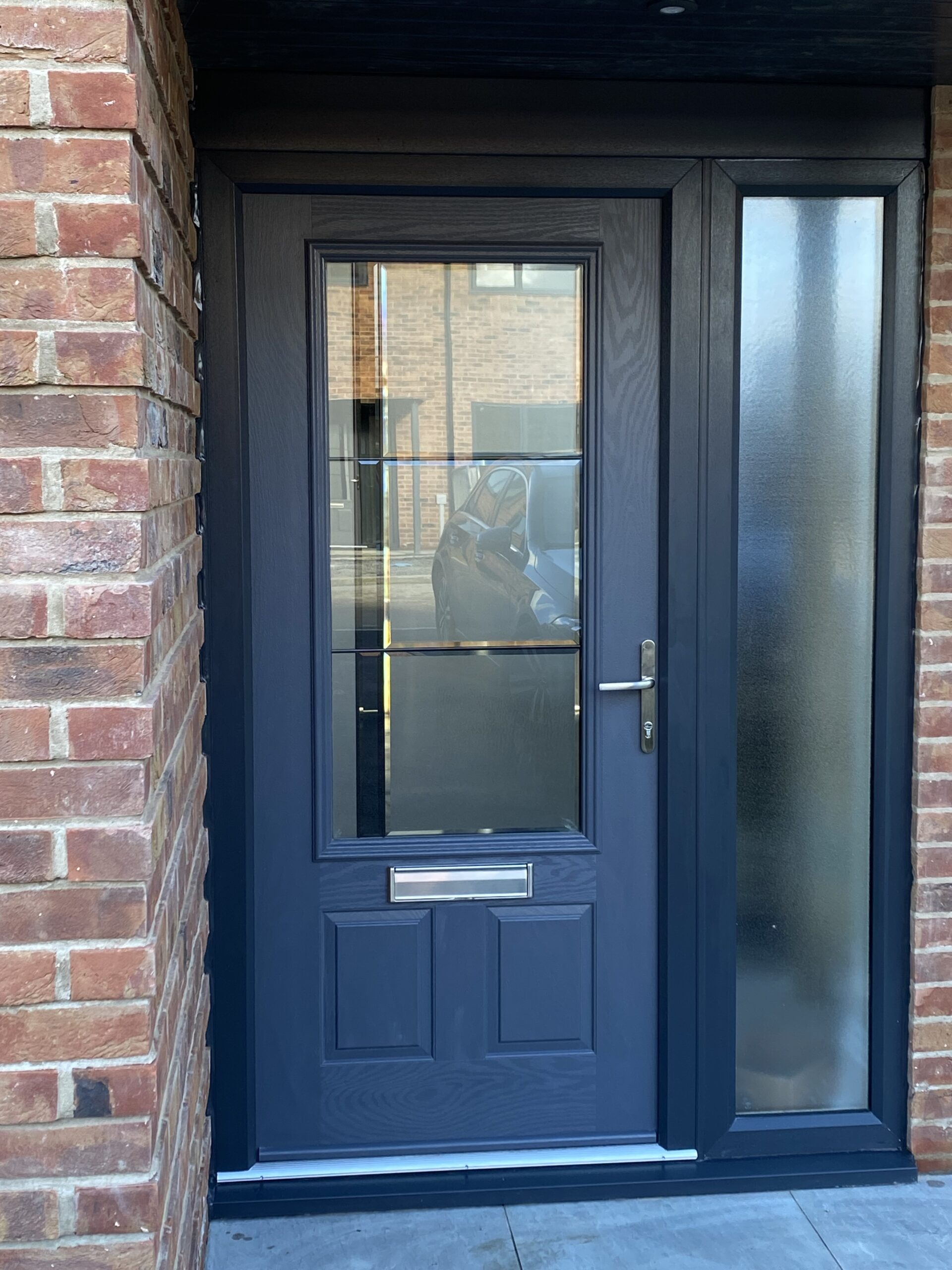Do You Need a Fensa Certificate for a Composite Door or uPVC Door?
Published: 15th May 2024
Confusion often arises among homeowners about whether obtaining a FENSA certificate is necessary for their door installations. So, to provide clarity on this matter, we’ve written a blog dedicated to exploring the necessity of a FENSA certificate.
What is a Fensa Certificate?
A FENSA certificate is an official document issued by FENSA (Fenestration Self-Assessment Scheme), a government-approved competency scheme for the replacement of windows and doors in England and Wales.

This certificate serves as proof that the installation of new or replacement windows and doors has been installed correctly and complies with building regulations, the products provided are energy efficient and the details are registered with the local council. It is typically provided by a FENSA-registered installer upon completion of the installation work. Obtaining a FENSA certificate ensures that the installation work has been carried out to a high standard and provides peace of mind to homeowners regarding the safety, security, and energy efficiency of their windows and doors. The FENSA certificate contains important information such as the property address, installation date, details of the installed products, and confirmation that the work meets the relevant building regulations.
Understanding the Need for a FENSA Certificate When Replacing Doors
Replacing an external door in your home involves more than just selecting a new design or material; it may also require compliance with certain regulations, such as those specified by the Fenestration Self-Assessment Scheme. But when exactly do you need a FENSA certificate?
The Role of Glass in Door Replacement
Whether you’re opting for a uPVC door or a Composite Door, one key factor that necessitates a FENSA certificate is the amount of glazed area in your new door. If the door you are installing is comprised of 50% or more glass, securing a FENSA certificate is essential. This requirement ensures that the installation complies with current energy efficiency standards and building regulations.
Exemptions Based on Structure
However, not all scenarios require a FENSA certificate. For instance, if your window or door installation is part of a structure that leads into a porch, where an external door further separates the house from this porch, a FENSA certificate is not needed. This exemption applies because the installation does not directly impact the energy efficiency of the living spaces.
Criteria for FENSA Certification
So, what doors specifically need a FENSA certificate? Essentially, all external doors installed after April 1, 2002, must come with a FENSA certificate if they have a glazed area greater than 50% to signify compliance with UK building regulations.
There are, however, certain exceptions to this rule:
- New Builds: Doors installed in newly constructed homes are exempt from requiring a FENSA certificate, as the building regulations for new constructions cover these installations.
- Extensions, Porches, and Conservatories: If your doors are part of an extension, an external porch, or a conservatory, they are also exempt from needing a FENSA certificate. These areas are treated differently under building regulations, often because they are considered temporary structures or have different energy efficiency considerations.
- Commercial Buildings: FENSA also does not apply to commercial premises. Instead, you are required to go through the Local Authority Building Control process.
What Happens if you don’t have a Fensa Certificate?
If you do not have a FENSA certificate for a window or door installation where it is required, you may encounter several potential issues:
- Compliance: Without a FENSA certificate, you cannot provide evidence that the installation complies with building regulations. This may result in difficulties when selling your property, obtaining insurance approval, or seeking any relevant certifications or permits.
- Legal Requirements: In England and Wales, certain types of window and door installations must comply with building regulations. Failure to obtain the necessary documentation, such as a FENSA certificate, may lead to legal consequences or enforcement action by local authorities.
- Warranty and Guarantees: Some window and door manufacturers or installers may require a FENSA certificate to validate warranties or guarantees on their products or installation work. Without this documentation, you may lose out on the protection and benefits offered by such warranties.
- Resale Value: A lack of documentation demonstrating compliance with building regulations, such as a FENSA certificate, could potentially impact the resale value of your property. Prospective buyers may be wary of purchasing a property with uncertified installations, leading to negotiations or delays in the sales process.
To avoid these issues, it’s essential to ensure that all necessary documentation, including a FENSA certificate, is obtained for window and door installations where required by building regulations. Understanding the requirements for a FENSA certificate when replacing doors is crucial for homeowners. It not only ensures compliance with building regulations but also contributes to the overall energy efficiency of your home. Learn more about when to consider replacing your front door.
If you’re planning to replace an external door, especially one with a glazed area over 50%, reviewing FENSA requirements is a vital step in your project planning. Speaking to your installer regarding the necessary FENSA requirements will provide peace of mind regarding the legalities and quality of the installation. Find you nearest Hurst door installer.


